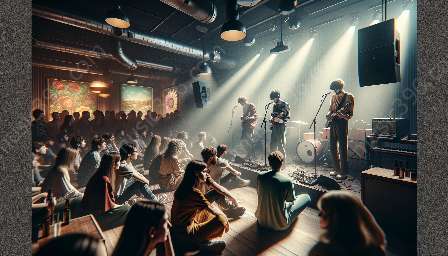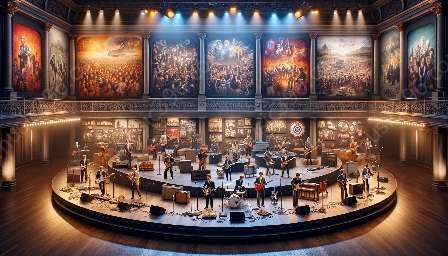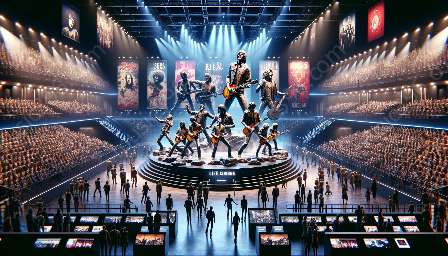Classic rock and oldies have played a significant role in shaping the world of rock music. Over the years, many classic rock artists and bands have managed to maintain their relevance and continue to inspire audiences. This topic cluster aims to delve into the factors and strategies that have contributed to their enduring impact.
Evolution of Classic Rock
Classic rock emerged during the late 1960s and continued to thrive throughout the 1970s and 1980s. It encompasses a wide range of sub-genres, including psychedelic rock, hard rock, and blues rock, among others. The music from this era has left an indelible mark on the music industry and has influenced subsequent generations of musicians.
Timeless Appeal
One of the key reasons for the enduring relevance of classic rock artists and bands is the timeless appeal of their music. Their songs often touch on universal themes such as love, freedom, and personal struggles, resonating with audiences across different generations. Whether it's the powerful vocals of Led Zeppelin or the introspective lyrics of Pink Floyd, classic rock music continues to evoke strong emotions in listeners.
Innovative Sound
Classic rock artists and bands were pioneers in experimenting with new sounds and pushing the boundaries of music. From Jimi Hendrix's groundbreaking guitar techniques to The Beatles' innovative studio production, these artists continuously sought to redefine the possibilities of rock music. Their willingness to take risks and explore new sonic territories has helped them maintain relevance over time.
Timeless Fashion
In addition to their musical influence, classic rock artists and bands have also made a lasting impact on fashion and style. The iconic looks of artists like David Bowie, The Rolling Stones, and Queen have transcended generations, inspiring contemporary fashion trends and making them perennially relevant in popular culture.
Live Performances
Another factor contributing to the enduring relevance of classic rock artists and bands is their legendary live performances. Whether it's the electrifying stage presence of The Who or the stadium-filling concerts of Bruce Springsteen, these artists have built a reputation for delivering unforgettable live shows that continue to attract fans of all ages.
Enduring Legacy
Classic rock artists and bands have left an enduring legacy that extends beyond their music. Their impact on social and political movements, as well as their role in shaping the counterculture of their time, has solidified their place in history. This legacy continues to inspire new generations of musicians and fans, ensuring the ongoing relevance of classic rock.
Adaptation to New Platforms
Despite emerging in an era when vinyl records and FM radio reigned supreme, classic rock artists and bands have successfully adapted to new technological platforms. Their music has found a new audience through digital streaming services and social media, allowing them to stay connected with both long-time fans and younger listeners.
Influence on Modern Rock
The impact of classic rock artists and bands on modern rock music cannot be overstated. Many contemporary musicians draw inspiration from the sound, style, and ethos of classic rock, influencing the direction of the genre. This continual influence ensures that the legacy of classic rock remains relevant in the ever-evolving landscape of rock music.
Conclusion
Classic rock artists and bands have achieved a remarkable feat by maintaining their relevance over time. Their timeless music, innovative spirit, iconic fashion, legendary performances, and enduring legacy have cemented their status as cultural icons. By adapting to new platforms and continuing to inspire modern rock musicians, classic rock artists and bands have secured their place in the history of music, ensuring that their impact will continue to resonate for generations to come.


















































